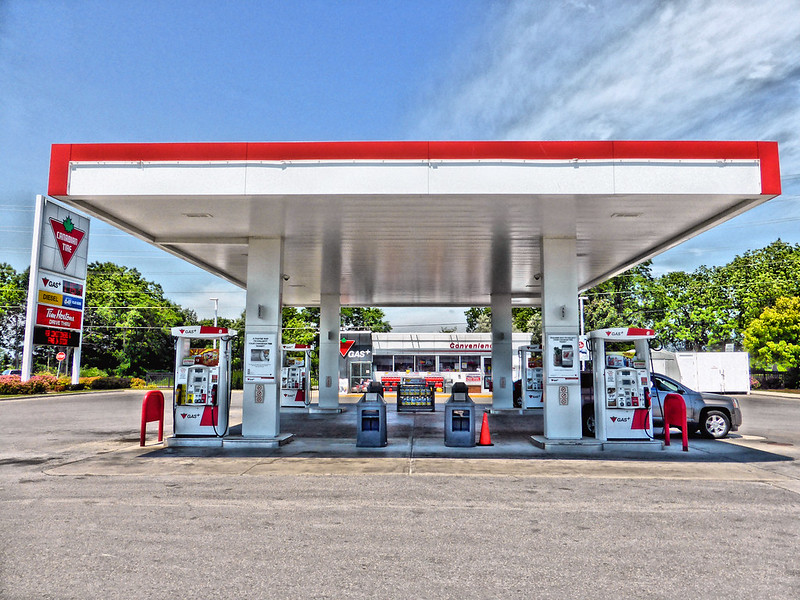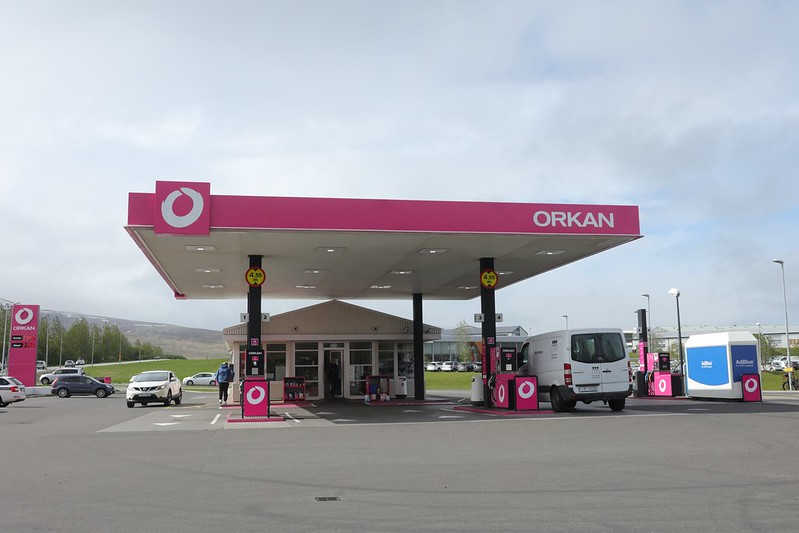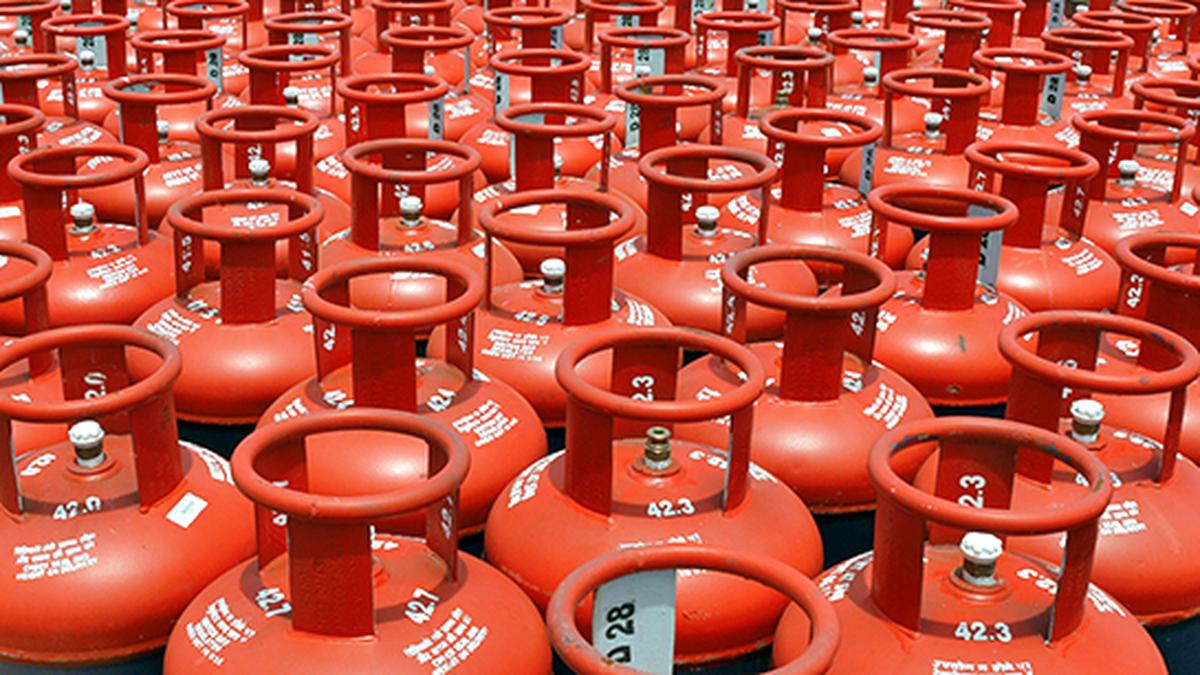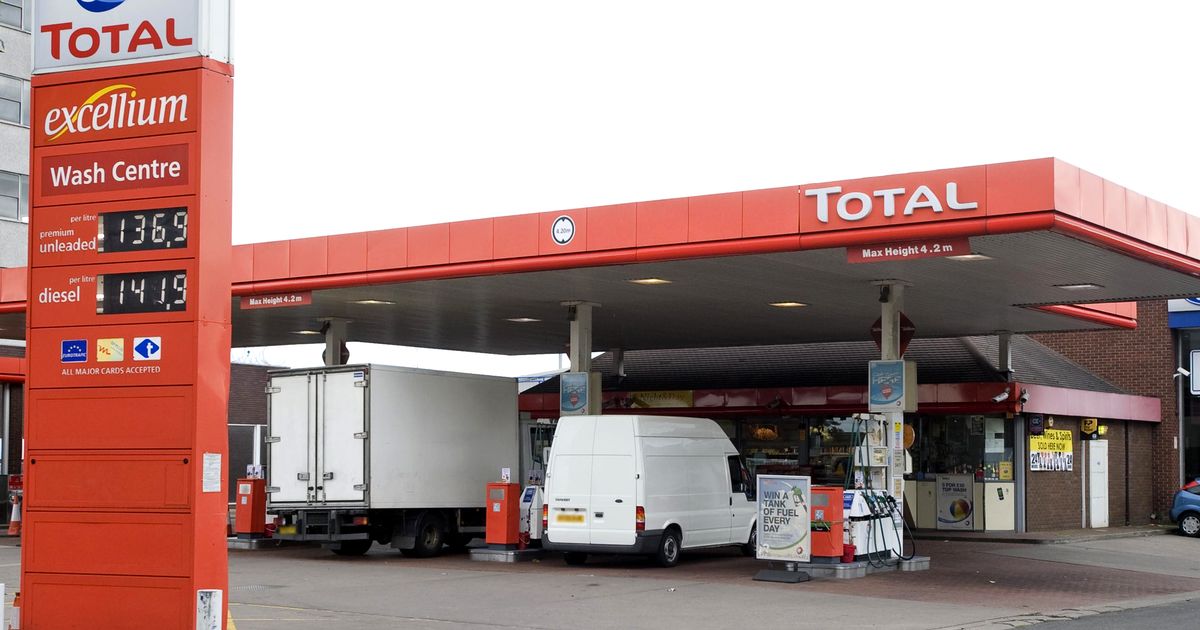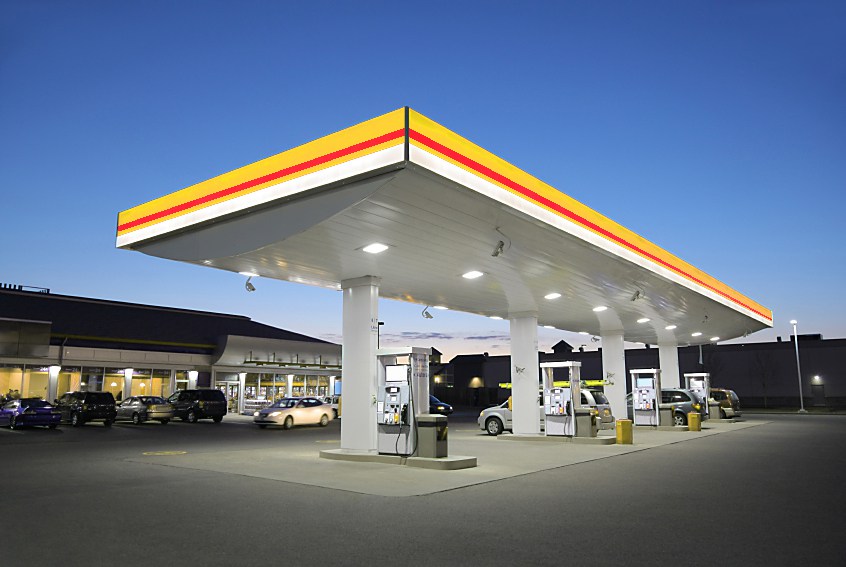Maximizing Profit Potential: A Smart Pricing Strategy for Petrol Station Owners in Tanzania
Introduction
Petrol station owners in Tanzania face a highly competitive market where price fluctuations, customer demand, and economic factors can significantly impact their business’s profitability.
To thrive in this environment, it’s crucial to adopt a smart pricing strategy that maximizes profits without significant investments in external services.y
iIn this article, we will explore how petrol station owners can optimize their pricing strategy to boost revenue, retain customers, and stay ahead in the market.
1. Understanding the Local Market
Before diving into any pricing strategy, it’s essential for petrol station owners to have a deep understanding of their local market. Tanzania’s fuel market is influenced by various factors, including global oil prices, government regulations, and consumer preferences.
Keeping an eye on these trends will allow station owners to make informed pricing decisions.
2. Competitive Pricing Analysis
To attract and retain customers, it’s crucial to be aware of the prices offered by nearby competitors. Conduct regular pricing analysis to ensure that your rates are competitive within the local market.
This doesn’t require an investment in external services, but rather a vigilant eye on the competition.
3. Segmenting Your Customers
Different customers have different expectations and willingness to pay for fuel. Segment your customers based on factors like location, demographics, and buying habits.
This enables you to tailor your pricing strategy for specific customer segments without investing in external services.
4. Dynamic Pricing
One effective strategy that doesn’t require external services is dynamic pricing. Adjust your prices based on demand, time of day, or other relevant factors. For example, you can offer lower prices during off-peak hours to attract more customers, maximizing profits while maintaining control over your pricing strategy.
5. Loyalty Programs
Implementing a loyalty program can increase customer retention and loyalty. These programs don’t necessarily require external services but can be managed in-house. Offering discounts, rewards, or point-based systems can incentivize customers to choose your station over others, ensuring steady revenue.
6. Regular Maintenance
A well-maintained petrol station is more likely to attract and retain customers. Regular maintenance ensures that your station operates efficiently, which can be a powerful factor in attracting customers without the need for external investments.
7. Data Analysis
Collect and analyze data on customer behavior, competitors purchasing trends, and market conditions. You can use this data to fine-tune your pricing strategy without the need for external services. It helps you make data-driven decisions, optimizing your pricing structure.
8. Customer Feedback
Listening to your customers can provide valuable insights into their expectations and preferences. Use their feedback to make small adjustments to your pricing strategy to better meet their needs and keep them coming back.
9. Marketing and Promotions
Effective marketing and promotions can attract customers without large investments. Use social media, local advertising, or partnerships with local businesses to increase your station’s visibility.
10. Staff Training
Well-trained staff can improve the customer experience, increasing customer retention and loyalty. Train your employees to provide excellent service and assist customers with their fueling needs, ensuring a competitive edge without investing in external services.
Conclusion
Petrol station owners in Tanzania can enhance their profitability by implementing a smart pricing strategy that doesn’t necessarily require external investments. By understanding the local market, monitoring competitors, segmenting customers, employing dynamic pricing, loyalty programs, regular maintenance, data analysis, customer feedback, marketing, and staff training, you can optimize your pricing strategy to boost revenue, retain customers, and succeed in this highly competitive industry.
Remember, success in the petrol station business is about smart decision-making and adapting to market conditions, without always relying on external services. By following these strategies, petrol station owners in Tanzania can pave their way to prosperity and continued growth.

